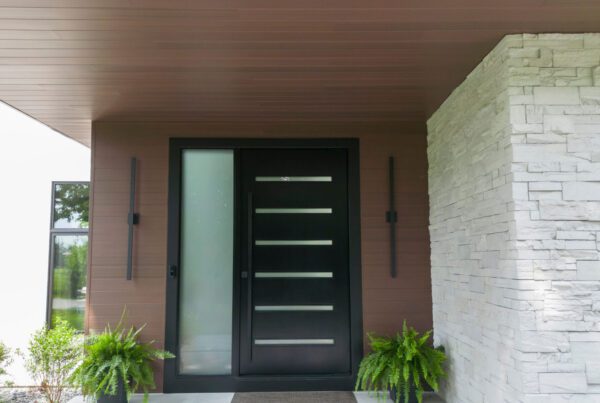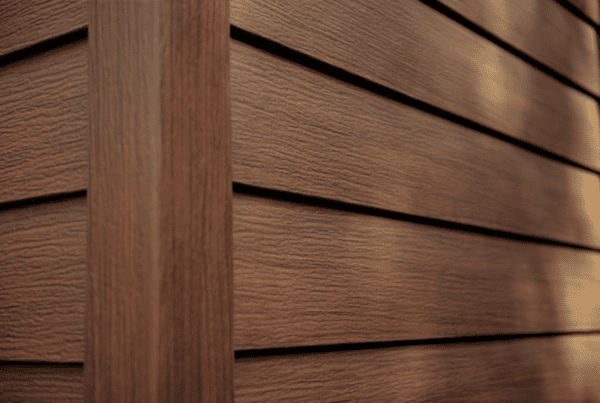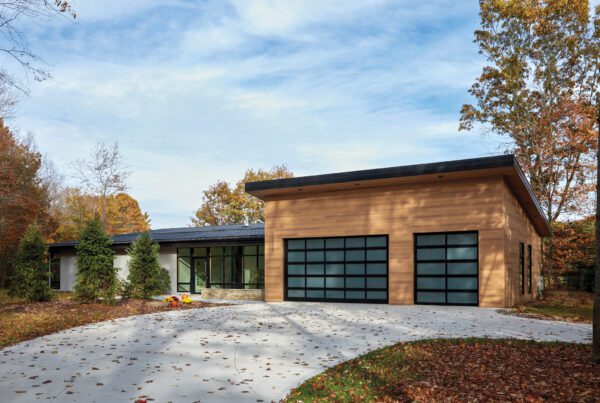5 Things to Ask a Siding Contractor
When it’s time to revamp the home’s exterior, a homeowner has a lot of decisions to make.
What type of siding? What color? Along with these, one invisible detail will be crucial to the long term success of any siding project: what contractor will you use?
When you talk to any contractor you’re considering, asking five important questions can help you determine whether they are the best fit for the job.

Do you have insurance?
Any siding contractor should carry commercial liability insurance against bodily injury and property damage sufficient to cover any work related damages. They also need to provide worker’s compensation coverage for job related injuries and health risks. They should be able to show proof of this insurance, and you may even want to call the insurance company to make sure their policy is in good standing. In addition, some states may require that your contractor should be currently licensed to install siding.

How long have you been in business?
Make sure you’re comfortable with the contractor’s level of experience, and also with their work history. Follow up by checking their answer with the Better Business Bureau and finding out more about any complaints that have been lodged against the contractor.

How many times have you installed siding?
Some contractors may specialize in interior work or other types of residential construction, and may have little specialized knowledge of siding. You’ll benefit from the experience of a contractor who has actually installed siding a number of times before, especially if they have installed the particular type of siding you plan to use. Experienced TruCedar siding installers develop specialized knowledge of the most efficient ways to use the siding material, and how to ensure an attractive and watertight result.

Can you provide references of nearby homes where you’ve installed siding?
Make sure you call some of the references and ask whether their project was completed in a timely, clean, and high quality fashion, and whether the homeowners have had any problems with the siding since it was installed. Seeing is believing, so seeing the contractor’s work in person is often the best way to increase your peace of mind. Drive by the home to see if it compares with yours, and to verify the quality of the workmanship first hand.

Will the installers on my job be subcontractors or employees?
Either subcontractors or employees could be well qualified to perform the labor. However, it’s important to know whether the installers are classed as employees or subcontractors. Depending on your state’s laws, you may need to make sure that any subcontractors are also insured in order to protect yourself.

What precautions will be taken when cutting or installing the siding material?
An experienced contractor should know the risks of handling the siding material. For example, when installing fiber cement siding, the installer should have a strategy to mitigate the risk of silicosis, a deadly lung disease related to silica dust. Vinyl should be handled carefully due to flammability and dioxins that are released when it burns. Steel siding requires an awareness of handling techniques for sharp edges, but the material itself is one of the safest available.
You will probably have other questions that come to mind about things like payment schedules, when the project can be scheduled, and site clean-up. Be sure to ask any questions you like until you’re comfortable with your decision, and make sure the contract itself reflects your agreement.


